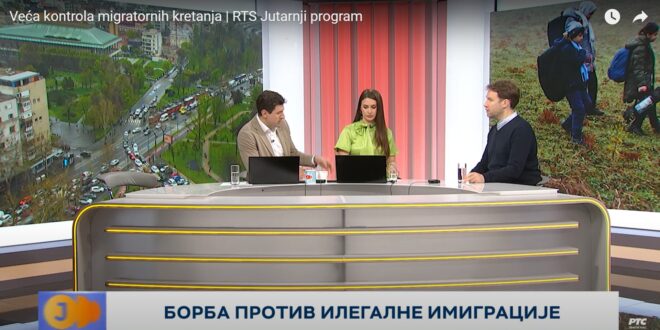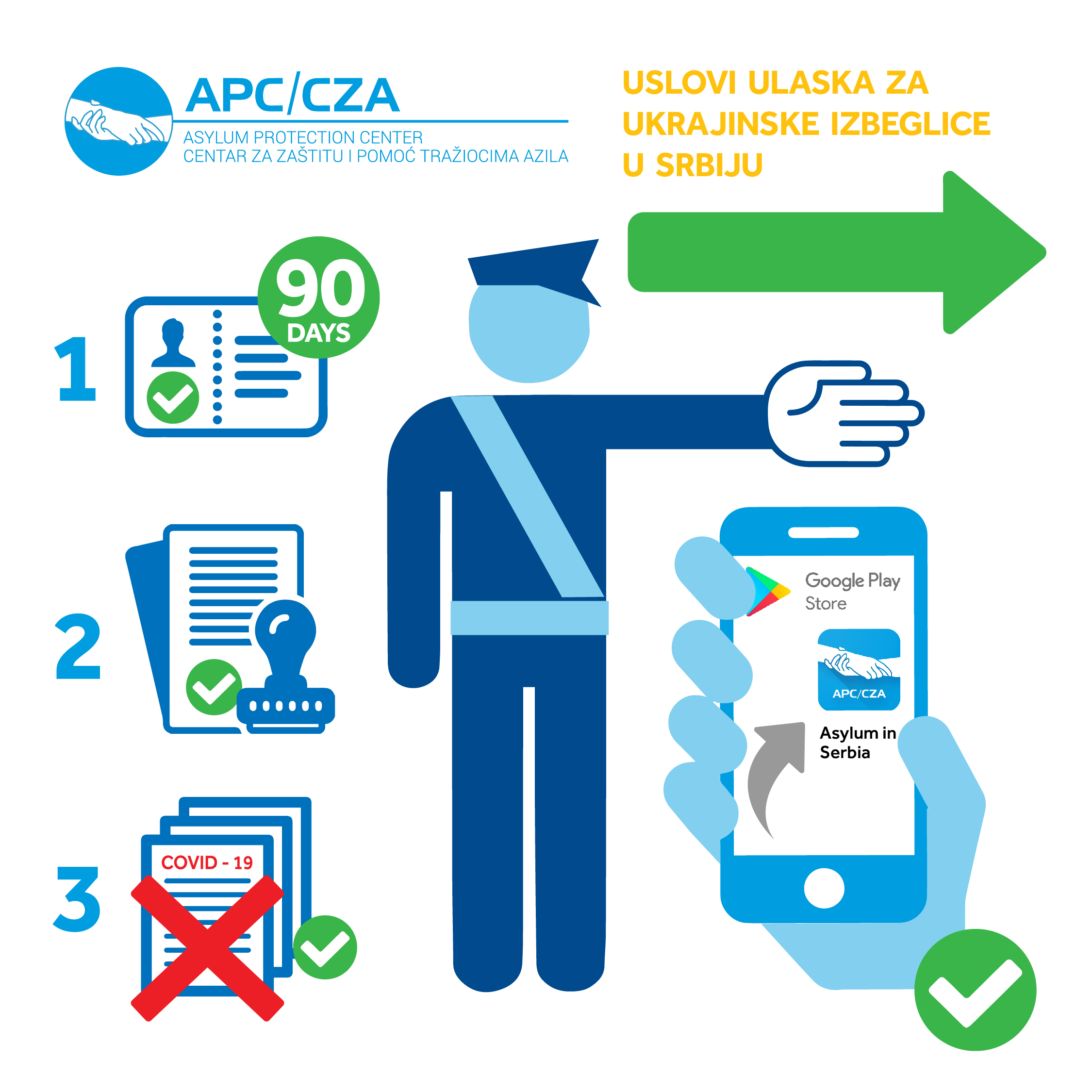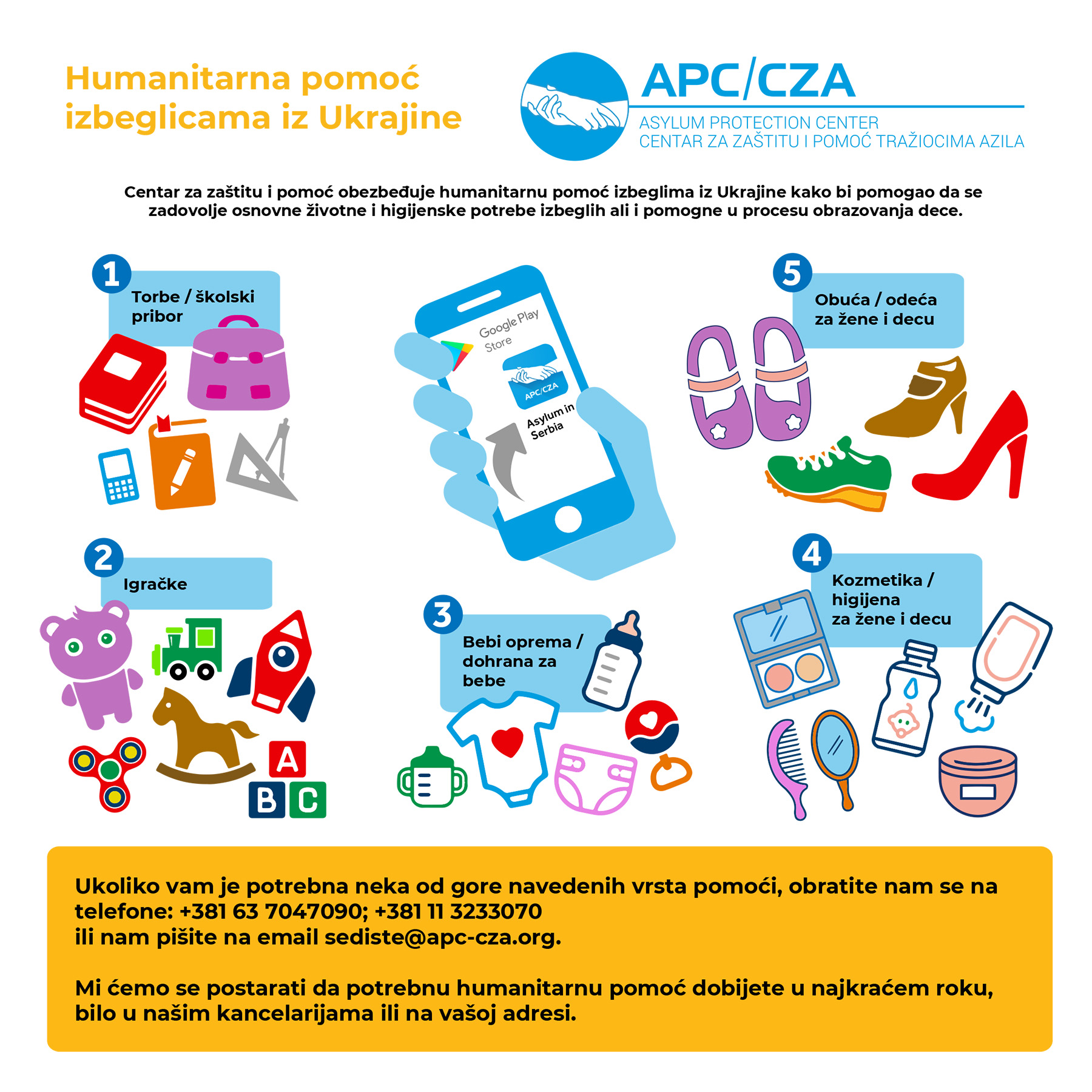Source: RTS; Photo: RTS; Video: RTS
Belgrade, April 02, 2025 – A two-day conference dedicated to the fight against illegal immigration was held in London. Prime Minister Keir Starmer called for international cooperation to eliminate smuggling networks. Radoš Đurović, Director of the Center for the Protection and Assistance to Asylum Seekers, emphasized that there is an idea to involve third countries in accepting illegal migrants, with the goal of establishing return centers in countries of origin. A visit from a British delegation to Serbia has been announced.
New proposals for tackling illegal migration were presented during the conference in London. Around 40 countries from Europe, the Middle East, Asia, Africa, and North America participated. “The United Kingdom is now taking the lead in the fight against smuggling, primarily because they recognize that smuggling is an organized crime that enables large numbers of people to reach the UK,” says Radoš Đurović, Director of the Center for the Protection and Assistance to Asylum Seekers.
He explained that more than 22,000 people arrived in the UK last year using small boats.
“These are people who, among other things, traveled along this route. And this year, in the first three months, over 6,000 people arrived. This is the largest increase in arrivals via this route in recent years,” says Đurović.
He adds that even the liberal Labour Party, which previously opposed this approach, has now somewhat supported the proposal, which has drawn public criticism.
The UK now proposes fighting organized smuggling not only through coordination with other countries, including those along the Balkan route, but also on a global scale.
Efforts in the digital space are also part of the approach, which is why representatives from companies like ‘Meta,’ ‘X,’ and ‘TikTok’ were invited to the conference,” Đurović explains, presenting the latest developments in the struggle.
“A large part of victim recruitment by smugglers takes place online. The proposal includes more intensive information sharing and more effective prosecution of smugglers. The very name of the conference points to this—organized smuggling as an international crime,” says the Director of the Center for the Protection and Assistance to Asylum Seekers.
“It is estimated that smuggling generates more than 10 billion euros in profit annually,” Đurović claims.
Cooperation between the European Union and Serbia
Four months ago, the European Parliament gave its consent for the conclusion of an agreement that entails operational activities aimed at curbing illegal migration.
Đurović claims that Serbia is expected to take a more active role in addressing the problem. “There may be requests for countries in the region to accept individuals whose asylum applications were rejected—similar to the model between Albania and Italy,” he said on a morning news program.
“A draft of new EU return regulations has also been prepared, which proposes the establishment of return centers outside the EU’s borders, in neighboring countries. These centers would host individuals whose asylum applications were rejected, until they are returned to their countries of origin. There is concern that such centers could be established in Western Balkan countries,” Đurović explains.
He notes that whether this will happen depends on Serbia and other countries in the region, as well as the price of accepting such agreements.
“I remind you, similar agreements usually come with political and financial concessions. So far, the only example is that of Albania and Italy, but that model doesn’t function in practice,” interlocutor explains. A visit from the British delegation is expected.
This week, a visit from British representatives to Serbia and the region is expected.
“They will discuss the implementation of summit conclusions, information exchange, and the fight in the digital space,” says Radoš Đurović, Director of the Center for the Protection and Assistance to Asylum Seekers, commenting on the outcomes of the conference.
“In the autumn, we expect a summit for Western Balkan countries in London. The UK is working on this with full intensity.”
How to reconcile legal and humanitarian aspects?
Đurović says that, when it comes to the legal and humanitarian aspects of illegal migration, conditions must be created that allow refugees to live with dignity.
In addition, legal migration channels must be developed.
There should be a system to determine which country should receive which person—through legal channels and with regulated residency.
“But there is also an obligation for all countries, including the UK, the EU, and the Balkan states, to share the burden in solidarity. Solidarity is no longer spoken about today. If the burden were shared evenly, there wouldn’t be significant problems,” Đurović emphasizes.
Political elites want quick solutions, but migration is not an issue that can be resolved ad hoc.
“When you build barriers, smuggling increases because prices go up. People haven’t stopped fleeing. It is their desperation that smugglers profit from,” Đurović explains.
 AzilSrbija AzilSrbija
AzilSrbija AzilSrbija





